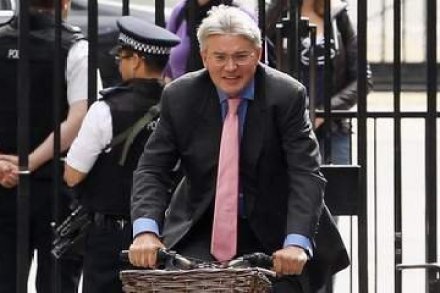Lib Dem conference: The battle for the soul of the Liberal Democrats
The Liberal Democrats are a party facing an identity crisis. During their many years in opposition, they had a slight all things to all men quality. But now they are in government, they are rapidly becoming defined in the public mind. How to respond to that is a question that they have been grappling with for the past two years. In a packed and over-heated fringe meeting last night, Nick Clegg’s former director of strategy Richard Reeves provided his answer—which is, although more starkly stated, the leadership’s. Reeves’ argument is that the party should become a Liberal party of the radical centre. In other words, he wants to take off




















